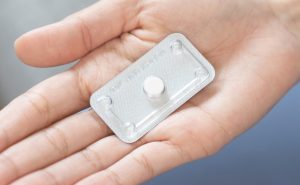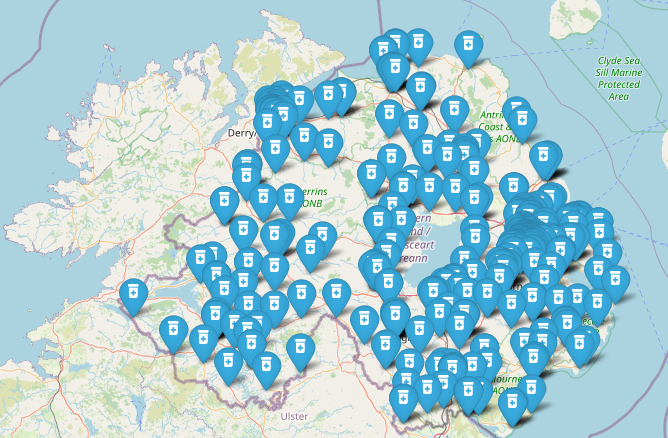
If you have had unprotected sex or think that your contraception might have failed, for example, broken condom or missed contraception pill, you might need emergency contraception.
The sooner you use it after unprotected sex, the more effective it is. You may also need to get tested for sexually transmitted infections.
The emergency contraceptive pill, sometimes called the morning after pill, can stop a pregnancy happening after sex without contraception or if contraception fails.
- The emergency contraceptive pill is not suitable for everyone.
- You need to take it within 3 or 5 days after sex, depending on the type of pill.
- The sooner you take an emergency pill, the more likely it is to work.
There are two types of emergency contraception:
- The emergency contraceptive pill, a tablet, can be taken up to 5 days after unprotected sex but most effective when taken soon after.
- An intrauterine device (IUD), sometimes called ‘the coil’, is the most effective type of emergency contraception. The coil is a small device fitted into your womb to prevent pregnancy. This is a simple procedure which can be done in Sexual and Reproductive Health clinics and some GP practices. This can be done up to 5 days after unprotected sex or 5 days after ovulation.
Where do I get emergency contraception?
Contraception is free in Northern Ireland. There are services in Northern Ireland which provide emergency contraception and advice. Effective October 2024 Emergency Hormonal Contraception (EHC) is no longer available from SH:24.
-
Order emergency contraceptive pill through Pharmacy First service
The morning after pill is available from the majority of pharmacies across Northern Ireland. If you are aged 13 or older, you can now get the morning after pill free from participating pharmacies.
When using this service, you will receive a private and confidential consultation with the pharmacist without the need to make an appointment. The pharmacist will provide sexual health advice which includes the risks of getting a sexually transmitted infection (STI) and how to obtain free tests if needed.
Along with providing free emergency contraception, the pharmacist will give you advice about regular methods of contraception. They may also give you a free three months’ supply of the contraceptive pill.
Pharmacy First for Emergency Hormonal Contraception service
Click on the map to find the pharmacy near you -
Order emergency contraceptive pill online (NO LONGER AVAILABLE)
NO LONGER AVAILABLE for EHC
From 16 October 2024 Emergency Hormonal Contraception (EHC) will not be available via SH:24. EHC remains available for free to women and girls in Northern Ireland via the Pharmacy First scheme. SH:24 have updated their website to prompt service users to avail of the EHC offer via the Pharmacy First scheme.
Other forms of contraception except for EHC can be ordered online through SH:24.
Where? Details on how to access Online service: SH:24 for other contraception SH:24 Free Home STI STD Test | Sexual & Reproductive Health (sh24.org.uk) -
Contact details for sexual and reproductive health clinics
These clinics are available in every Trust area. They are also known as contraceptive clinics.
Where? Details on how to access Northern Trust Contraceptive Services – Northern Health and Social Care Trust (hscni.net) Western Trust Sexual Health | Western Health & Social Care Trust (hscni.net) Southern Trust Contraception Clinic | Southern Health & Social Care Trust (hscni.net) Belfast Trust Sexual and Reproductive Healthcare Service | Belfast Health & Social Care Trust website (hscni.net) South Eastern Trust Sexual Health Service – South Eastern Health & Social Care Trust (hscni.net) -
Contact details for young person's sexual health clinic
Please note oral EC is available via the Common Youth clinic (Belfast / Coleraine) for under 25 year olds.
Where? Details on how to access Common Youth has clinics based in Belfast and Coleraine. Young people living across NI can access the service.
Free & Confidential Sexual Health & Wellbeing Advice | Common Youth Common Youth provides free, confidential sexual health services for young people aged 24 and under







